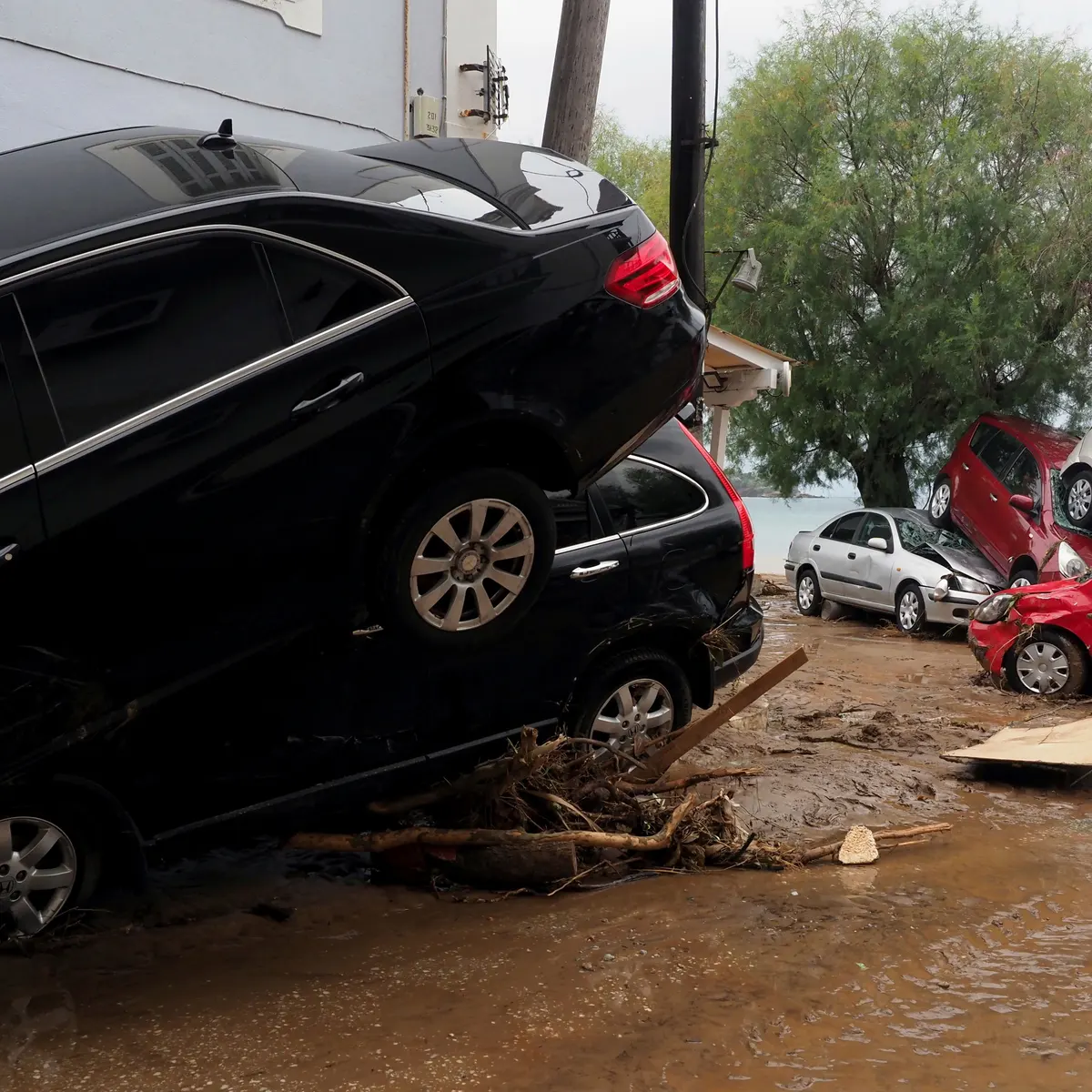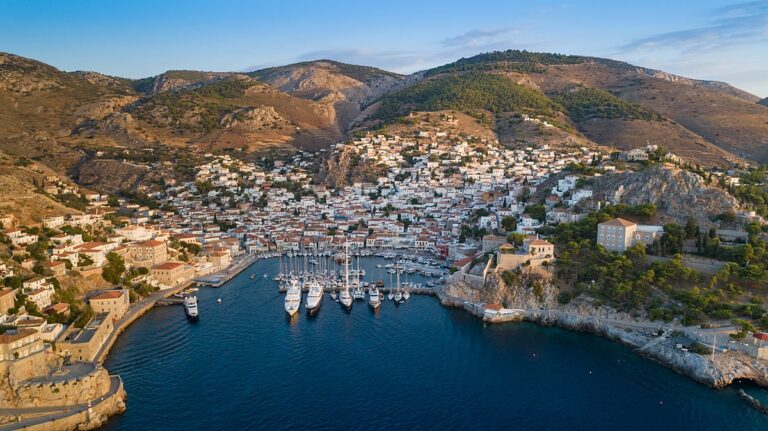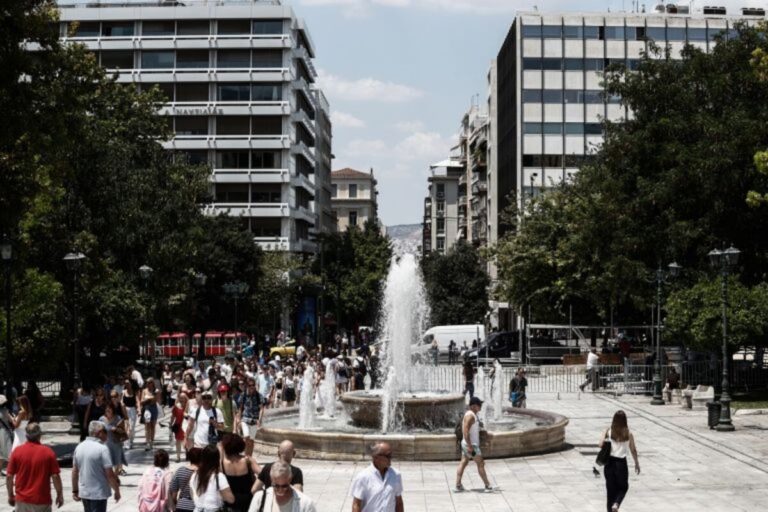Zone of high pressure sandwiched between two low-pressure areas is causing abnormal conditions across Europe
An unusual omega weather system – in which a zone of high pressure is sandwiched between two areas of low pressure – is being blamed for both the unseasonal heatwave in the UK and the catastrophic flooding in Bulgaria, Greece and Turkey.
At least 12 people have died in the three countries as torrential rainstorms caused flash floods, sweeping away bridges and inundating streets, homes and public buildings.
In north-west Turkey, at least seven people died after heavy rains unleashed a torrent that swept through a campsite in the north-western Kırklareli province, near the border with Bulgaria.
Meanwhile, parts of Britain have seen temperatures reaching 30C (86F) in the first week of the meteorological autumn, and Saturday is expected to be the hottest day of 2023 so far.
The abnormal weather events have all been blamed on the omega system in which high pressure – which typically brings warmer and more settled conditions – becomes sandwiched between two low-pressure systems.
Blocks can interrupt the normal eastward progression of European weather systems and can last for months. In the summer of 1976, temperatures of above 30C in the UK brought drought conditions.
Neil Armstrong, chief meteorologist at the Met Office, said: “An active tropical cyclone season in the North Atlantic has helped to amplify the pattern across the North Atlantic, pushing the jet stream well to the north of the UK, allowing some very warm air to be drawn north.
Europe is having one of the most textbook Omega blocks in memory. A heat dome flanked by two strong storms. A true atmospheric stalemate/ traffic jam, dumping Epic rains in Greece. These split flow jet streams & extreme blocks are becoming more common esp in Europe 1/ pic.twitter.com/H5ryHsC1Tn— Jeff Berardelli (@WeatherProf) September 6, 2023
“It’s a marked contrast to much of the meteorological summer, when the UK was on the northern side of the jet stream, with cooler air and more unsettled weather.”
The low-pressure areas are affecting either side of the Mediterranean, resulting in Storm Daniel bringing torrential downpours to parts of Greece, including the port city of Volos. Greek authorities have said the weather was the most extreme, in terms of rainfall, since records began, Reuters reports.
British travel company Jet2 announced that it was cancelling all flights and holidays to the Aegean island of Skiathos, the closest to Volos, until 12 September because of the weather.
The volume of water that fell in Pelion on Tuesday was equal to the annual rainfall of London, meteorologist George Tsatrafyllias said on the social media platform X, formerly known as Twitter.
Police issued traffic warnings for the cities of Trikala and Karditsa in central Greece as the rainstorm was not expected to subside before Thursday.
Source: The Guardian







